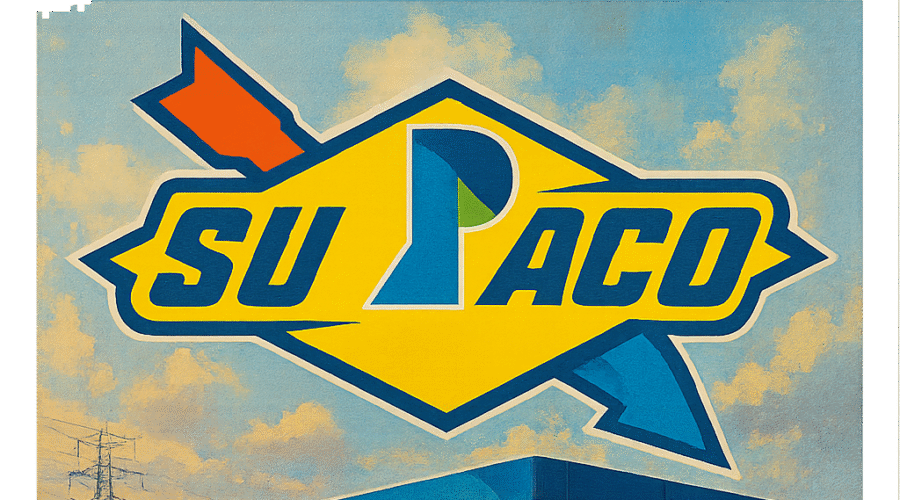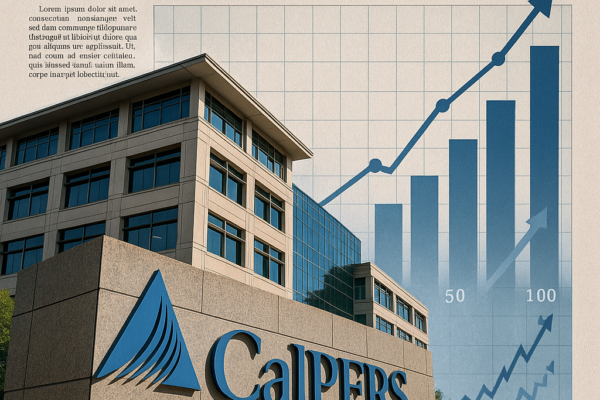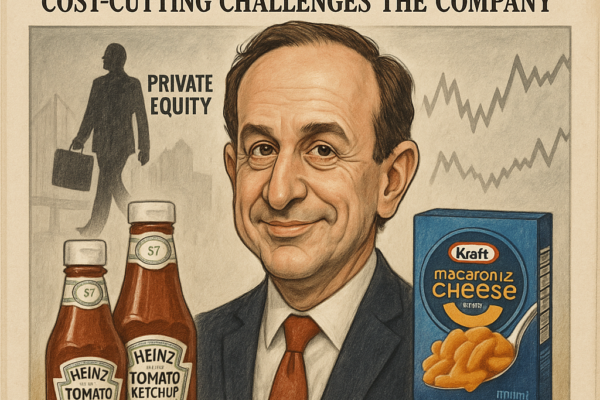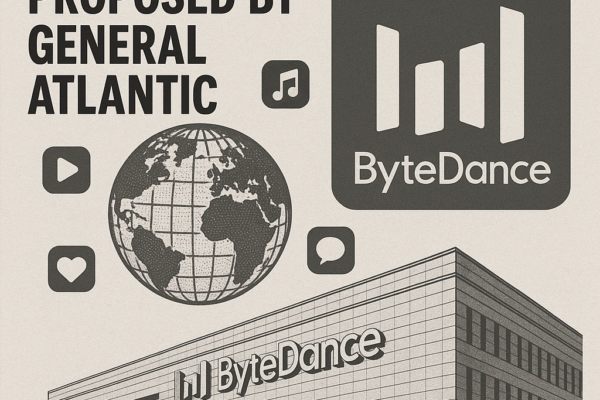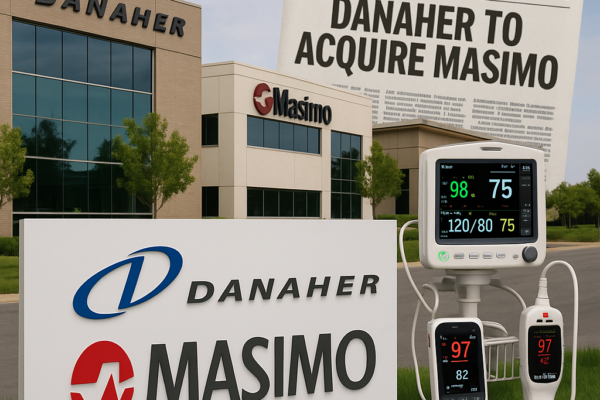In a landmark transaction announced May 5, 2025, Sunoco LP has positioned itself to become the largest independent fuel distributor in the Americas through its $9.1 billion acquisition of Canadian energy giant Parkland Corporation. The cash-and-stock deal, which includes assumed debt and represents a 25% premium for Parkland shareholders, combines Sunoco’s extensive U.S. wholesale network with Parkland’s multinational retail and refining operations across 26 countries[4][7][10]. This consolidation comes amid heightened M&A activity in the energy sector, driven by corporate balance sheets flush with pandemic-era profits and strategic imperatives to achieve scale in an increasingly competitive market[2][5][12].
Strategic Rationale Behind the Mega-Merger
Geographic and Operational Synergy Realization
The merger creates a fuel distribution behemoth spanning from Canada’s oil sands to Caribbean retail networks. Parkland’s 4,000 locations across Canada, the U.S., and Caribbean islands complement Sunoco’s existing 10,000-site U.S. wholesale network, enabling optimized supply chain logistics[3][6][9]. Of particular strategic value is Parkland’s Burnaby Refinery in British Columbia, which supplies 25% of the province’s transportation fuels and maintains proprietary technology for low-carbon fuel production[3][6][9]. This asset aligns with Sunoco’s stated goal to “future-proof” its operations against energy transition pressures while maintaining cash flow from conventional fuels[9][12].
Financial Engineering and Shareholder Value Creation
The transaction’s structure demonstrates sophisticated capital allocation strategies. By forming SUNCorp LLC as a publicly traded Delaware entity, Sunoco achieves both tax efficiency and flexibility in managing its expanded asset base[4][10]. The 0.295 SUNCorp units plus CA$19.80 cash per share consideration allows Parkland investors to participate in future upside while providing immediate liquidity[7][10]. Sunoco’s use of a $2.65 billion bridge loan demonstrates confidence in near-term cash flow generation from combined operations to rapidly deleverage[4][10].
Industry Consolidation Trends in North American Energy Markets
Shale-Driven Upstream M&A Wave Reaches Midstream
This deal continues the consolidation trend exemplified by ConocoPhillips’ $22.8 billion Marathon Oil acquisition and Diamondback Energy’s $25.8 billion Endeavor Resources purchase[2][5]. As Ryan Lance, ConocoPhillips CEO, recently stated: “Our industry needs to consolidate. There’s too many players. Scale matters, diversity matters in the business”[2]. The Sunoco-Parkland tie-up applies this logic to fuel distribution, where combined purchasing power and optimized logistics can squeeze out 300-400 basis points in margin improvement[4][9].
The All-Stock Transaction Renaissance
With 40% of the consideration being equity, Sunoco follows the lead of Capital One’s $35.3 billion all-stock Discover Financial merger and Synopsys’ $33.6 billion Ansys acquisition[2][5]. This structure preserves cash for debt repayment while allowing Parkland shareholders to defer capital gains taxes. The approach has become particularly prevalent in energy deals, where volatile commodity prices make cash offers riskier[2][5][12].
Canadian Energy Sovereignty Considerations
Preserving Domestic Control of Critical Infrastructure
Sunoco’s commitment to maintain Parkland’s Calgary headquarters and 90% of Canadian jobs addresses political concerns about foreign ownership of energy assets[7][9]. The retention of the Burnaby Refinery operations, which employ 800 workers directly, proved crucial in securing Canadian regulatory approval[3][6][9]. This mirrors historical precedents like Petro-Canada’s public-private structure, balancing foreign investment with national interest priorities[12].
Low-Carbon Transition Commitments
The merged entity plans to invest CA$500 million over five years in Parkland’s “Journey 2030” decarbonization strategy, including renewable diesel production at Burnaby and EV charging network expansion[6][9]. This aligns with Canada’s mandated 2030 clean fuel standards requiring 15% emissions reduction in transportation fuels[3][9]. However, environmental groups criticize the continued focus on fossil infrastructure, with Greenpeace Canada noting: “This merger locks in diesel dependency when we should be racing toward electrification”[12].
Shareholder Dynamics and Activist Pressures
Simpson Oil’s Boardroom Battle
The acquisition comes amid a proxy fight with Parkland’s largest shareholder, Simpson Oil Ltd., which controls 19.7% of shares and sought to replace six directors[7][10]. By delivering a 25% premium over Parkland’s 7-day VWAP, Sunoco’s offer forced Simpson to choose between accepting dilution in SUNCorp or triggering a costly shareholder rights plan[7][10]. The rescheduled June 24 shareholder vote now serves as a referendum on both the deal and current management’s strategy[7].
Synergy Realization Risk Factors
While Sunoco projects $250 million in annual synergies by 2028, integration challenges loom large[4][9]. The companies must harmonize IT systems across 14,000 retail sites, reconcile union contracts in five jurisdictions, and rationalize overlapping supply routes[3][6][9]. Historical precedents like Marathon Petroleum’s troubled 2018 Andeavor acquisition suggest cultural integration often proves more complex than financial engineering[1][12].
Regulatory Hurdles and Antitrust Considerations
CFIUS Review and National Security Implications
Though neither company holds defense contracts, Parkland’s fuel supply agreements with Canadian military bases may trigger CFIUS review under 2023 Executive Order 14105[7][12]. The Committee could mandate divestiture of certain assets, particularly those near strategic infrastructure like the Trans Mountain Pipeline[12]. Sunoco has preemptively offered to maintain separate accounting for defense-related fuel sales to alleviate concerns[9].
Competition Bureau Scrutiny in Key Markets
In British Columbia and Alberta, where Parkland holds 35% and 28% market share respectively, regulators may require station divestitures[3][6]. The Competition Bureau’s 2024 Merger Guidelines emphasize preventing “localized monopolies” in fuel retailing, a risk given Parkland’s dominance in remote northern communities[3][6][9]. Sunoco has signaled willingness to sell up to 157 locations, primarily in Quebec and Ontario, to preempt regulatory action[3][7].
Future Outlook and Industry Implications
Reinventing the Fuel Station for the Energy Transition
The merged company plans to convert 20% of its North American sites to “energy stations” offering EV charging, hydrogen fuel cells, and renewable natural gas by 2030[9][12]. This $1.2 billion initiative builds on Parkland’s 2024 acquisition of
Sources
https://www.argusmedia.com/en/news-and-insights/latest-market-news/1147776-marathon-joins-midcontinent-ngl-push-update, https://go.datasite.com/deal-drivers-amers-hy-2024-with-mergermarket-report, https://www.convenience.org/Media/Daily/2024/March/28/1-Parkland-to-Sell-157-Stores-in-Canada_Operations, https://www.hartenergy.com/exclusives/sunoco-acquire-parkland-91-billion-deal-212809, https://go.datasite.com/deal-drivers-americas-q1-2024-report-with-mergermarket, https://www.weforum.org/organizations/parkland-fuel/, https://halifax.citynews.ca/2025/05/05/cp-newsalert-sunoco-signs-deal-to-buy-parkland-in-agreement-valued-at-us9-1b/, https://www.icis.com/resources/news/2010/12/13/9418622/the-icis-top-40-power-players/, https://pulse2.com/sunoco-buying-parkland-corporation-in-9-1-billion-deal/, https://www.gurufocus.com/news/2827768/sunoco-lp-to-acquire-parkland-corporation-in-transaction-valued-at-91-billion-sun-stock-news, https://www.indexbox.io/blog/sunoco-lp-to-acquire-parkland-in-91-billion-deal/, https://www.stopclimatechaos.ie/assets/files/pdf/finalfoodandwatereuropeineoscorporateprofile.pdf, https://www.investing.com/news/company-news/sunoco-to-acquire-parkland-in-91-billion-deal-93CH-4021650

